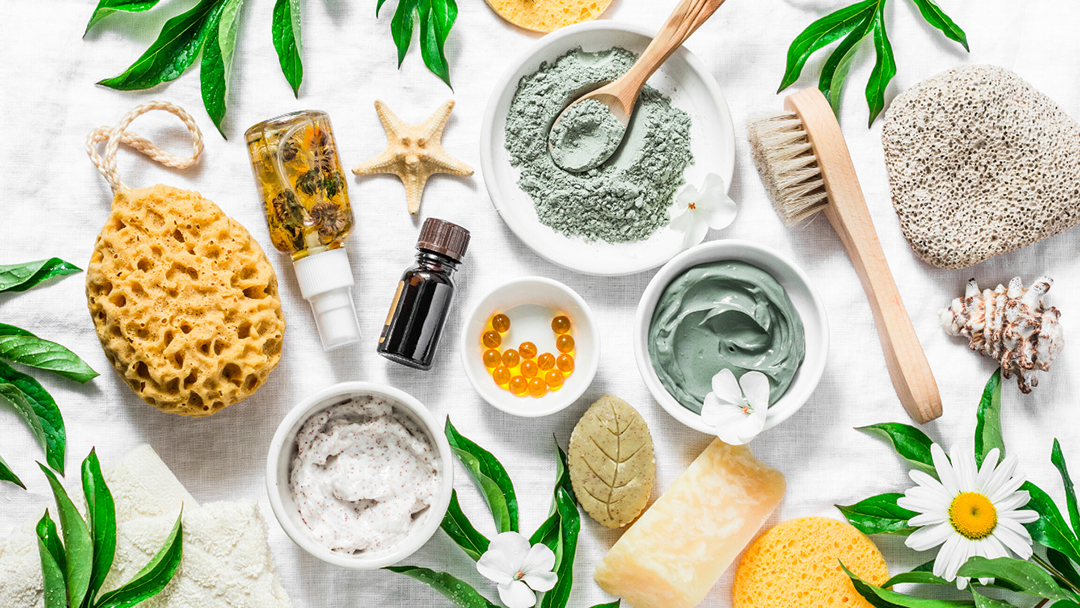Is Latvian fireweed matcha your cup of tea? / Article
Production of fireweed matcha tea has begun in the Madona municipality company ‘Plūkt’. It is an alternative to the traditional green tea, Latvian Radio reports on 15 August.
The company ‘Plūkt’ has been operating in the Prauliena parish of Madona municipality for eight years and exports 20 different types of tea to 24 countries around the world. 70% of the plants are hand-picked in organic meadows, while mint, calendula and chamomile are grown in the garden. This summer, a new product was launched on the market – Fireweed Matcha Tea Powder.
Plūkt has five employees. Over eight years, it has invested EUR 60 000 and last year turnover was EUR 160 000.
Māra Lieplapa, co-founder and brand manager of Plūkt, said that five projects have been implemented at the factory.
“We have purchased three machines for the production of pyramid bags. Our bags are compostable. This puts us in the top 5% of tea producers in the world with plastic-free bags. And then we also have a drying cabinet where we do the fermentation for the fireweed tea. This way we get an alternative to black tea, and we also have a grinder purchased for the matcha project. We are still testing them, though, as we are looking for the best grind for our product. We are also thinking about a packaging line for loose teas,” said Lieplapa.
The company exports 80% of its teas to 24 countries around the world, with exports to two more countries – Albania and South Korea – starting this year.
Lieplapa said: “In order for today’s consumer to want to consume more herbal teas, we have to be very creative. Last year we were in Japan, Korea, and we went to a lot of match ceremonies. We saw that the demand is growing worldwide. We thought now would be a good time to create something that could be a fun twist on our Latvian fireweed, that you can put in lattes, use in cooking, play with its bright green colour.”
According to Ilze Laukalēja-Broka, PhD in Food Science at the Latvian University of Biosciences and Technology, tea is rich in antioxidants, vitamin C, minerals, pectins, tannins and others.
The scientist said: “The main difference of matcha from other teas is that we get all those tea grounds. This means we get a double dose of both these antioxidants, vitamins, minerals, and that adds to their value. So then I would say that a fireweed matcha is literally a decaffeinated, milder, floral version of the strong matcha drink that we know. Innovation, I think, is something we hear every day somewhere. And mostly everybody associates it with very big technology, but in reality, innovation is something just a little bit different, with a little bit of added value.
“A company that works and tries to make something modern and healthy out of our natural products and, you could say, raises Latvia’s profile in the food sector, that is something to be congratulated.”
Lieplapa, co-founder of Plūkt, said that there is a global demand for Latvian-made teas, but production is limited by the decline of natural meadows.
“Biodiversity is becoming scarcer. Because that has always been our biggest challenge. We are very good at marketing all the products we produce, but we would love to produce more if we had more of these plants. So that’s also the answer to how the matcha was made, because we have enough fireweed and we try to work with the plants that we have.
“Future plans would be to increase exports even more. We want 90 per cent and more. We would like to grow our products in e-commerce, not only in the Baltic countries, but more directly in exports.”
Select text and press Ctrl+Enter to send a suggested correction to the editor
Select text and press Report a mistake to send a suggested correction to the editor
Source link
Share this article:














